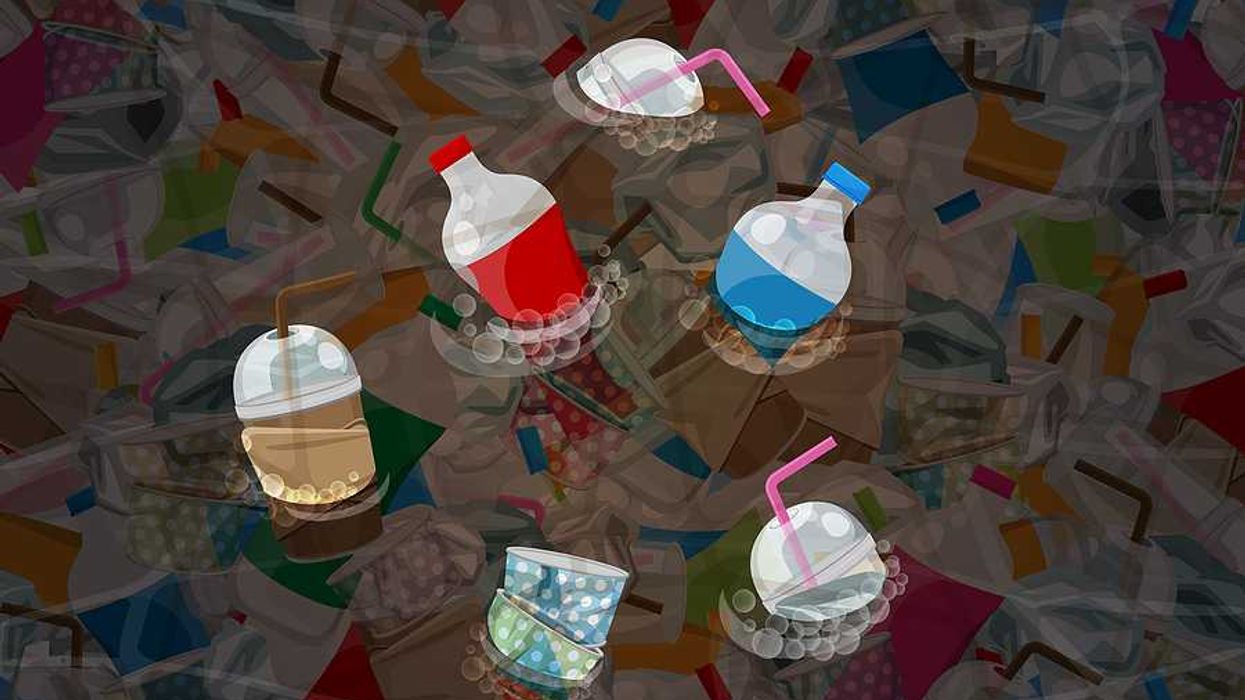In a recent study published in Environment International, researchers examined workers at electronic waste recycling facilities across Europe and found metabolic changes linked to their exposures to hazardous chemicals.
In short:
- Workers may be exposed to chemical mixtures through inhalation, ingestion, and skin contact while sorting and processing e-waste.
- Potential chemical exposures include hazardous metals like lead, cadmium and mercury, and chemicals like flame retardants and phthalates.
- E-waste exposure was associated with disruption to steroid hormones, energy metabolism, inflammation, and pathways related to the development of Parkinson’s disease.
Key quote:
“E-waste workers are exposed to a mixture of metals and other chemicals and the net effects of exposure are not the simple effects of the sum of exposure to each individual chemical compound.”
Why this matters:
Electronic devices of all types have become increasingly more common in modern life, but their hazardous components pose a serious challenge to safe disposal. In 2020, approximately 4.7 million tons of e-waste was discarded in the EU alone, and only about 40% of that waste is recycled. This study highlights the dangers of both occupational exposures to chemicals and the health risks of chemical mixtures. While regulatory bodies have started to acknowledge exposure to chemical mixtures, their approach to regulating them is still too limited to account for the full scope of potential harm to human health.
Related EHN coverage:
- Current regulations miss threat of IQ loss from exposure to chemical mixtures
- Electronic waste from just this year will outweigh the Great Wall of China
More resources:
Kozlowska, Lucyna et al. for Environment International vol. 196. Feb. 2025
- Framework is fixing our unsustainable electronics industry ›
- Recycling critical metals from electronics could ease mining impacts ›
- Half a billion cheap electrical items go to UK landfills in a year, research finds ›
- A bill under consideration in the Pa. House would make it easier to recycle electronic waste ›

















